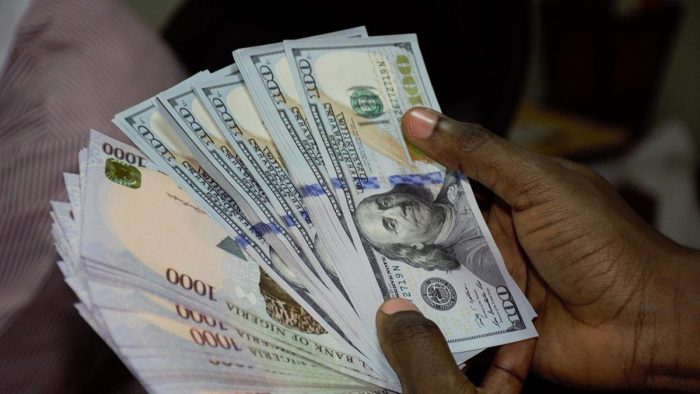Foreign holdings in Nigeria dropped to $12.8 billion between 2022 and 2023 due to naira woes and corporate exits in the nation.
Foreign holdings in Nigeria fell from $86.2 billion in 2022 to $73.4 billion in 2023, according to the World Investment Report 2024.
Nigeria’s outward foreign direct investments (FDI) stock also slightly declined in 2023 to $17.7 billion from $18.3 billion as of 2022.
Foreign holdings or foreign direct investment (FDI) inward stock is the total value of foreign investments held within the country at a specific time. It reflects the cumulative value of investments made by foreign investors, including ownership of businesses, property, or other assets. It can be measured through equity capital, reinvested earnings, and intra-company loans between foreign investors and their local affiliates.
Read also: Naira maintains gain across markets
On the other hand, Nigeria’s outward FDI stock refers to the total value of investments made by Nigerian businesses or individuals into businesses, properties, or assets in other countries.
The decline in Nigeria’s FDI inward stock was linked to the exit of multinationals from Nigeria and the devaluation of the naira, which affected the USD valuation of foreign holdings in Nigeria.
Between 2022 and 2023, Nigeria experienced a significant 109 percent increase in foreign direct investment (FDI) inflows, rising from $895 million in 2022 to $1.87 billion in 2023. This increase in inflow was insufficient to combat the value erosion that trailed the 49 percent depreciation of the naira between 2022 and 2023.
In 2023, there was also an exodus of foreign firms from Nigeria, such as pharmaceutical giant, GlaxoSmith Kline, Procter & Gamble, Equinor, Bolt Foods, and Sanofi-Aventis Nigeria. The trend of companies exiting Nigeria has continued in 2024, with Heineken exiting Champion Breweries, Diageo International exiting Guinness Nigeria, Eni exiting Nigerian Agip Oil Company, and Mobil exiting Mobil Producing Nigeria.
Kimberly Clark shut down operations in Nigeria, including Microsoft which closed down its $100 million Africa Development Centre.
With FDI inflows into Nigeria hitting remarkably low levels in 2024, the $73.4 billion foreign holdings are projected to decline even further.
A plethora of reasons have been identified behind the decline in companies exiting Nigeria, including forex scarcity, macroeconomic instability, and rising operational costs. The US State Department, in its ‘Investment Climate Statements,’ identified corruption as an obstacle to Nigeria’s economic growth. The statement read, “Corruption is often cited by domestic and foreign investors as a significant barrier to doing business,” identifying corruption at the port as a constraint in the Nigerian business environment.
The document also identified security concerns as another constraint.
The severe decline in the naira’s value in one year is also another area of concern. Naira has depreciated by 70 percent since the forex market float in 2023. Due to the naira depreciation, some of the foreign-held companies in Nigeria recorded negative returns on their capital expenditure, causing them to slowdown investments, experts say.
Inflation is also a major challenge. It increased to 33.88 percent in October 2024, from 32.70 percent in September, according to the National Bureau of Statistics (NBS).
Since taking office, President Bola Tinubu has embarked on a mission to attract foreign investors and strengthen their presence in Nigeria. However, his administration’s initiatives, particularly through the Central Bank of Nigeria (CBN), have primarily resulted in an influx of ‘hot money,’ with foreign portfolio investments in Nigerian equities and fixed-income instruments witnessing significant growth.
Read also: Rewane urges CBN to stabilise Naira, tame money growth
The President has adopted some of the investment promotion initiatives introduced by the previous administration, such as the Presidential Enabling Business Environment Council (PEBEC). However, the administration has remained silent on the Nigerian investment policy, which was approved in the latter end of former President Muhammadu Buhari’s tenure.
Bismarck Rewane, chief executive officer of Financial Derivatives Company, urged the Central Bank of Nigeria (CBN) to prioritise stabilising the naira and controlling money supply growth as critical steps to mitigating inflationary pressures.
“The CBN needs to continue to prioritise taming money growth and stabilising the naira. This is the shortest route to moderating inflationary pressure,” Rewane said at the 2024 Macroeconomic Outlook Forum organised by Parthian Group in Lagos last week.
Join BusinessDay whatsapp Channel, to stay up to date
Open In Whatsapp





